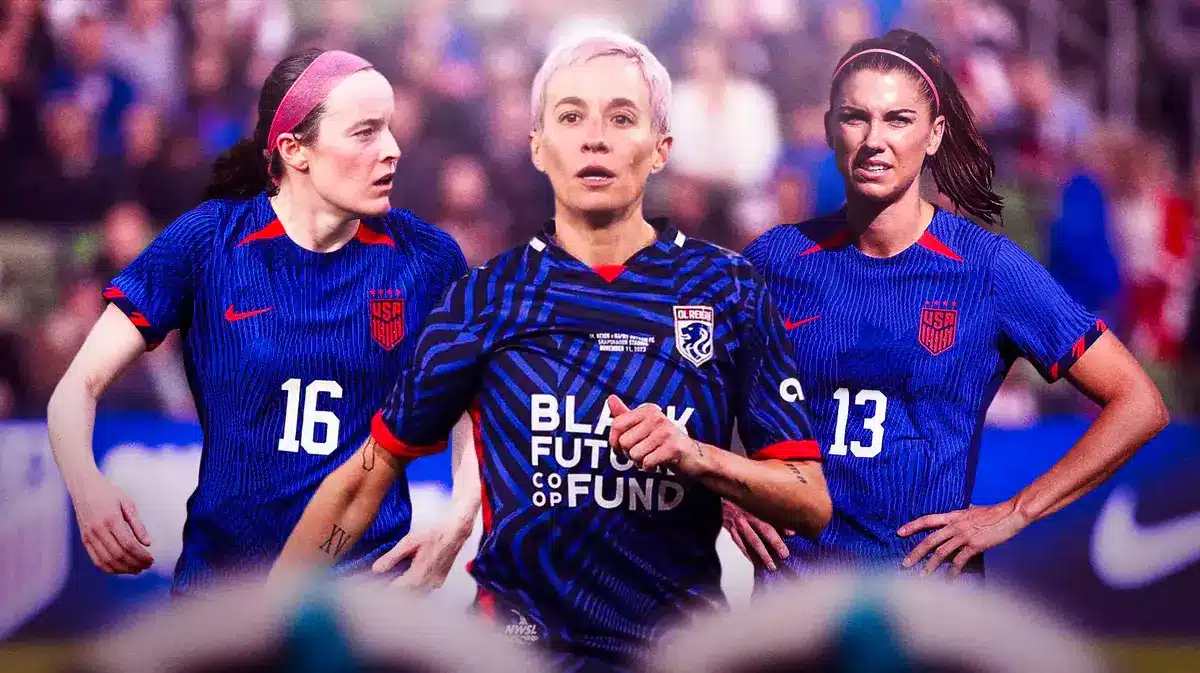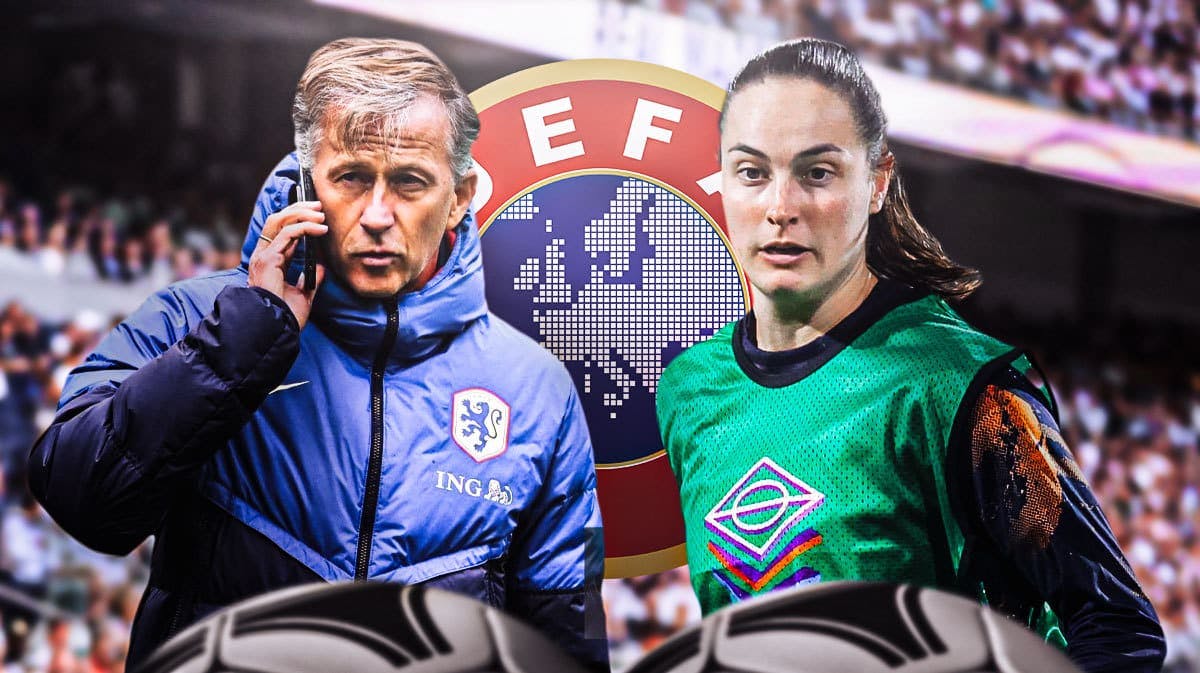In recent days, the UEFA calendar has ignited a firestorm of controversy, particularly concerning its treatment of women's football, reported by GOAL. Among the chorus of critics is Netherlands boss Andries Jonker, who has called the current scheduling as “complete chaos” and alleged a systemic bias towards men's football over women's.
The focal point of contention revolves around the upcoming qualifiers for the 2025 UEFA Women's Euro. Scheduled during international breaks in June and July, these fixtures pose significant logistical challenges for players and clubs alike. Notable figures in women's football, including England's Sarina Wiegman and star players like Leah Williamson and Vivianne Miedema, have voiced concerns over the timing of these qualifiers, which occur after the conclusion of most European domestic seasons.
Andries Jonker, at the helm of the Netherlands women's national team, has joined the chorus of dissent against UEFA's handling of the women's football calendar. In scathing remarks, Jonker characterized the UEFA calendar as “chaotic” and decried what he perceives as a prioritization of men's football at the expense of women's. The decision to schedule Euro qualifiers in mid-July, according to Jonker, exemplifies the disregard for player welfare and the integrity of the women's game.
Expressing frustration with UEFA's approach, Jonker emphasized the need for “calm and vision” in women's football. He criticized the rigidity of the calendar, arguing that women's teams are forced to adapt to a system that fails to provide adequate rest periods or consider the unique demands of the women's game. Jonker's critique underscores broader concerns regarding equity and fairness in football administration.
A grim reality for Women Athletes

Amidst the backdrop of scheduling woes, the women's game grapples with a troubling trend of injuries, particularly ACL ruptures. Star players like Williamson, Miedema, and others have fallen victim to these debilitating setbacks, highlighting the physical toll of an overcrowded calendar. Miedema's recent setback, requiring additional knee surgery, serves as a poignant reminder of the challenges faced by women athletes and the urgent need for reform.
Despite the hurdles and setbacks, the Netherlands women's national team remains resolute in their pursuit of success. As they prepare to embark on their Euro qualifying campaign in April, the Oranje confront the daunting task of balancing competitive aspirations with the imperative of safeguarding player welfare. With aspirations to rebound from past disappointments and showcase their talent on the international stage, the Dutch team epitomizes resilience in the face of adversity.
What's next for UEFA in equity and inclusion
The criticisms directed at UEFA's handling of the women's football calendar underscore broader concerns regarding equity, inclusivity, and the well-being of women athletes. As stakeholders continue to advocate for change, the hope remains that women's football will receive the recognition, support, and respect it rightfully deserves. The call for comprehensive reform echoes loudly, urging football's governing bodies to prioritize equity and inclusion in shaping the future of the beautiful game.
